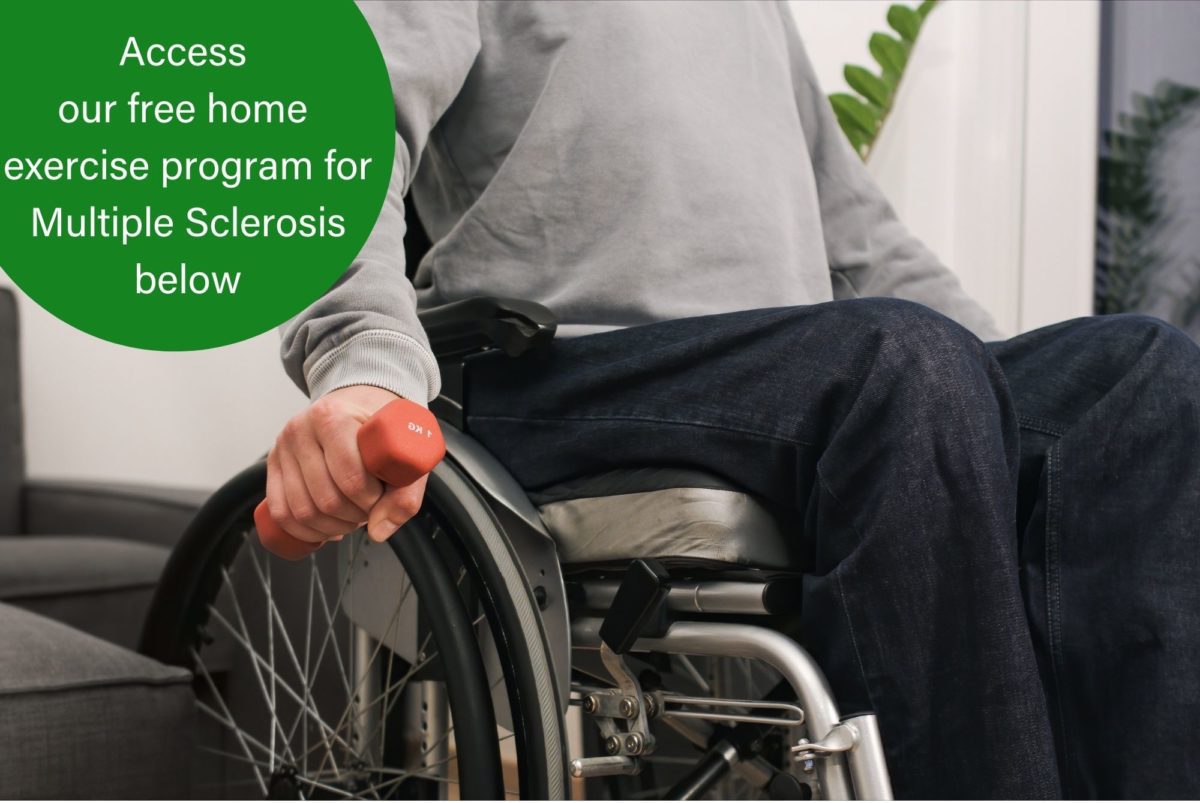Receiving a dementia diagnosis can be an extremely emotional experience. The individual may feel grief, loss, anger, shock, fear, and even disbelief. In other instances, it can be a source of relief – an answer and explanation for what was wrong.
Although it’s never easy news to receive, there are immediate pathways to help manage a new diagnosis. Exercise is an effective tool for dementia clients. It not only offers physical and cognitive benefits, but it also provides a supportive community of individuals going through a similar experience. Today we explore the benefits of physical therapy for dementia patients.
The benefit of exercise for dementia
Dementia is a progressive brain disorder that affects behaviour, thinking memory, and the ability to perform everyday tasks. Although there is currently no cure for dementia, exercise can help to slow down its progression and improve the quality of life for those affected by the disease.
Physical benefits
As the disease progresses, many individuals with dementia experience a decline in physical abilities such as balance, coordination, and mobility. Exercise has been shown to help improve these physical abilities, reducing the risk of falls and improving the ability to perform everyday tasks.
On top of this, regular physical activity has been shown to provide the following physical benefits:
- Improve cardiovascular health
- Reduce the risk of chronic diseases such as heart disease and diabetes
- Help to maintain a healthy weight
Cognitive benefits
Perhaps even more significant than the physical benefits that exercise offers, are the cognitive benefits. Regular physical therapy increases blood flow to the brain, which can help to improve memory, concentration, and decision-making abilities.
Exercise has also been proven to stimulate the production of chemicals in the brain which are responsible for improving mood, reducing stress, and increasing feelings of well-being. This can lead to increased self-esteem, confidence and independence.
Social benefits
Joining a physical therapy program specifically for individuals with dementia is a great way to reduce feelings of isolation and loneliness. Exercising among a group of individuals with shared fears and frustrations can be cathartic and build a sense of community among the group.
Group physical therapy for dementia can also provide a community for carers and family members to connect. Carers have an important, yet often challenging, role in the lives of their loved one. Sharing experiences with others in the same position can be an equally rewarding practice for both the individual with dementia, and their inner circle.
In a nutshell – an exercise program is about far more than improving the body’s capacity to move. It’s about fostering a sense of independence and purpose through dynamic, creative, and fun activities – all within a supportive community.
Family respite
Caring for someone with dementia can be highly rewarding. It can also be exhausting and at times and overwhelming. It is important for carers to take time to care for their own wellbeing. Taking a break from your day-to-day caring is referred to as ‘respite’. It’s an opportunity to recharge, rest, and enjoy some independent time to attend to your own business.
Benefits of respite care for caregivers include:
- Allows time to see to personal needs
- Relieve pressure and stress
- Reduce isolation and loneliness
- Helps avoid burnout
An exercise program is a common avenue for respite care. It offers carers a chance to step away from their duties while their loved one engages in an activity that provides mental, physical and social benefits. ‘Active Alzheimer’s’ is Atkins Health’s dedicated Dementia Care Program. It offers a weekly 2-hour window for clients to enjoy exercise under the guidance of professional exercise physiologists (EPs) and geriatricians.
Atkins Alzheimer’s exercise program
Atkin’s Active Alzheimer’s has been designed for newly diagnosed individuals with Alzheimer’s or Dementia. It’s the only community program of its kind and aims to support both clients and their families.
Who is the Active Alzheimer’s for:
- Newly diagnosed individuals with Alzheimer’s or Dementia
- Individuals looking to maintain their independence at home
- Individuals seeking half-day respite care while simultaneously receiving therapy
The program will offer a blend of physical and cognitive activities that vary from week to week. Every exercise is carried out under the expert guidance of our experienced EPs. It ensures your loved one is left in safe, caring and capable hands of a team with a comprehensive understanding of dementia. We know how to identify and minimise fall risks while helping individuals regain a sense of independence.
The results
As a progressive condition, dementia can be debilitating and take a lot of a client’s self-worth and confidence away. Guiding our clients through exercises that they’re confident in can help improve that feeling of self-worth and independence.
One of my personal highlights from the program so far was a client who was eventually able to get out of the shower independently. To have helped her get that little bit of dignity back is way better than any type of metric or testing outcome – it was such an awesome result for her.
Find out more about our Active Alzheimer’s program and how you and your loved one could benefit by filling out the form below or giving us a call.




